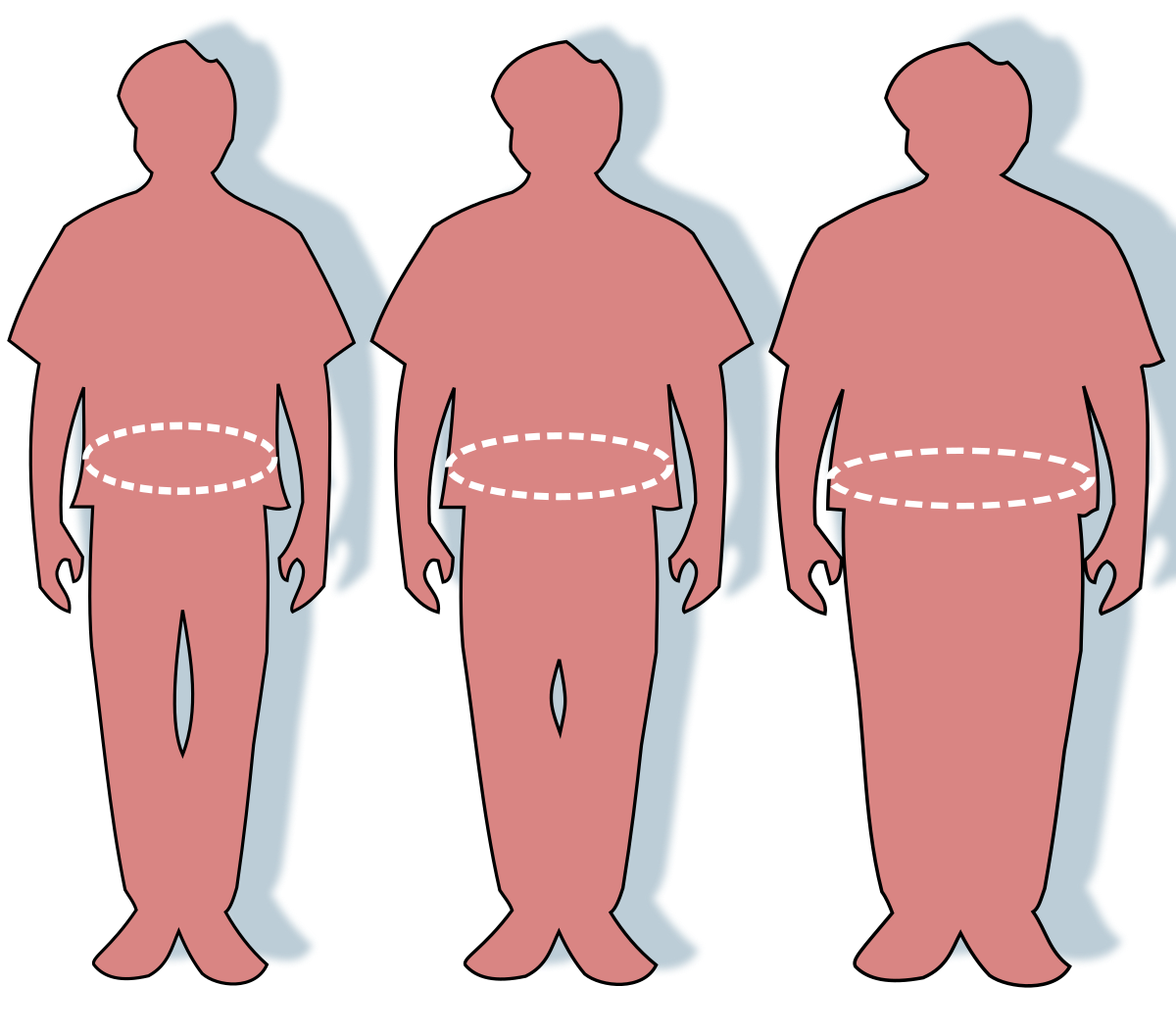
Ten year outcomes shows durability of RYGB
Long-term RYGB outcomes

Study shows long-term reduction in comorbidities
Roux-en-y gastric bypass is a durable operation for long-term weight loss and treatment of obesity-related comorbid disease, according to researchers from the University of Virginia, Charlottesville, VA. The study, which included 1,087 patients who underwent RYGB procedures over a 20-year study period (1985–2004), reported that excess body mass index significantly improved over time and a significant decrease in obesity-related comorbid disease persisted at ten years of follow-up after RYGB.
The study, ‘10-year Outcomes After Roux-en-Y Gastric Bypass’, published in the Annals of Surgery, by researchers from the University of Virginia, Charlottesville, VA, was designed to evaluate the clinical effectiveness and long-term durability of RYGB, and is believed to be the largest American series with a ten-year follow-up after RYGB. The researchers examined differences in pre-operative comorbidities, operative characteristics (laparoscopic vs. open), post-operative complications, annual weight loss, and current comorbidities ten years after surgery.
Outcomes
After ten years, the researchers had complete data on 60% of patients (n=651 from 1,087 patients). They report that 335 patients (51.5%) underwent open RYGB and 316 (48.5%) had laparoscopic RYGB, with 34 patients (10.8% of the laparoscopic patients) requiring conversion to open.
The researchers report that laparoscopic patients were more likely to be white (p=0.001) and older (p=0.004), with a lower incidence of psychiatric (p=0.002) comorbidities and gallstones (p=0.001). They also found that laparoscopic patients were more likely to have had a previous cholecystectomy (p=0.021). The mean preoperative BMI was lower in the laparoscopic (51.4) versus the open (54.1) group (p=0.001).
In comparison, the open group was found to have a longer operative time (p=0.017) with higher rates of incisional hernia (p=0.025) and lower incidence of dumping syndrome (p=0.015).
However, no differences were found in comorbidity resolution, % total body weight loss and % excess BMI loss between the groups. Percentage excess BMI loss peaked at 74% by 24 months, with 52% at ten years (both p<0.001).
“Our data confirm the long-term durability of RYGB for patients with morbid obesity. Given the current culture of value-driven health care, with an eye on quality and cost, it is more important than ever to provide the most efficient and effective treatment for the growing obesity epidemic…Roux-en-Y Gastric Bypass remains an excellent and durable operation for long-term weight loss and treatment of obesity-related comorbid disease,” the authors conclude. “Laparoscopic RYGB results in highly favourable outcomes with reduced incisional hernia rates. These ten-year data help to more clearly define long-term outcomes and demonstrate outstanding reduction in comorbid disease after RYGB.”

